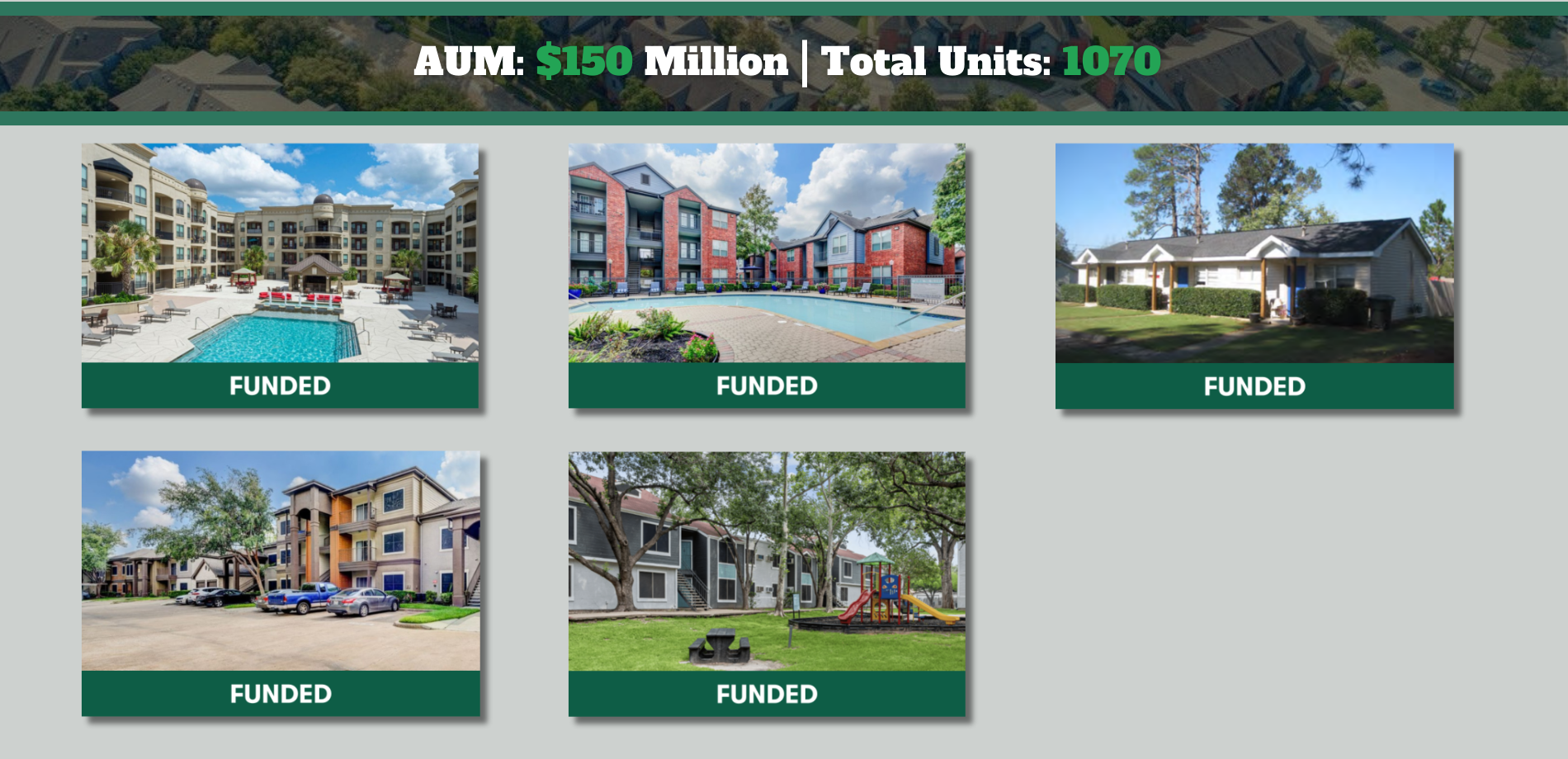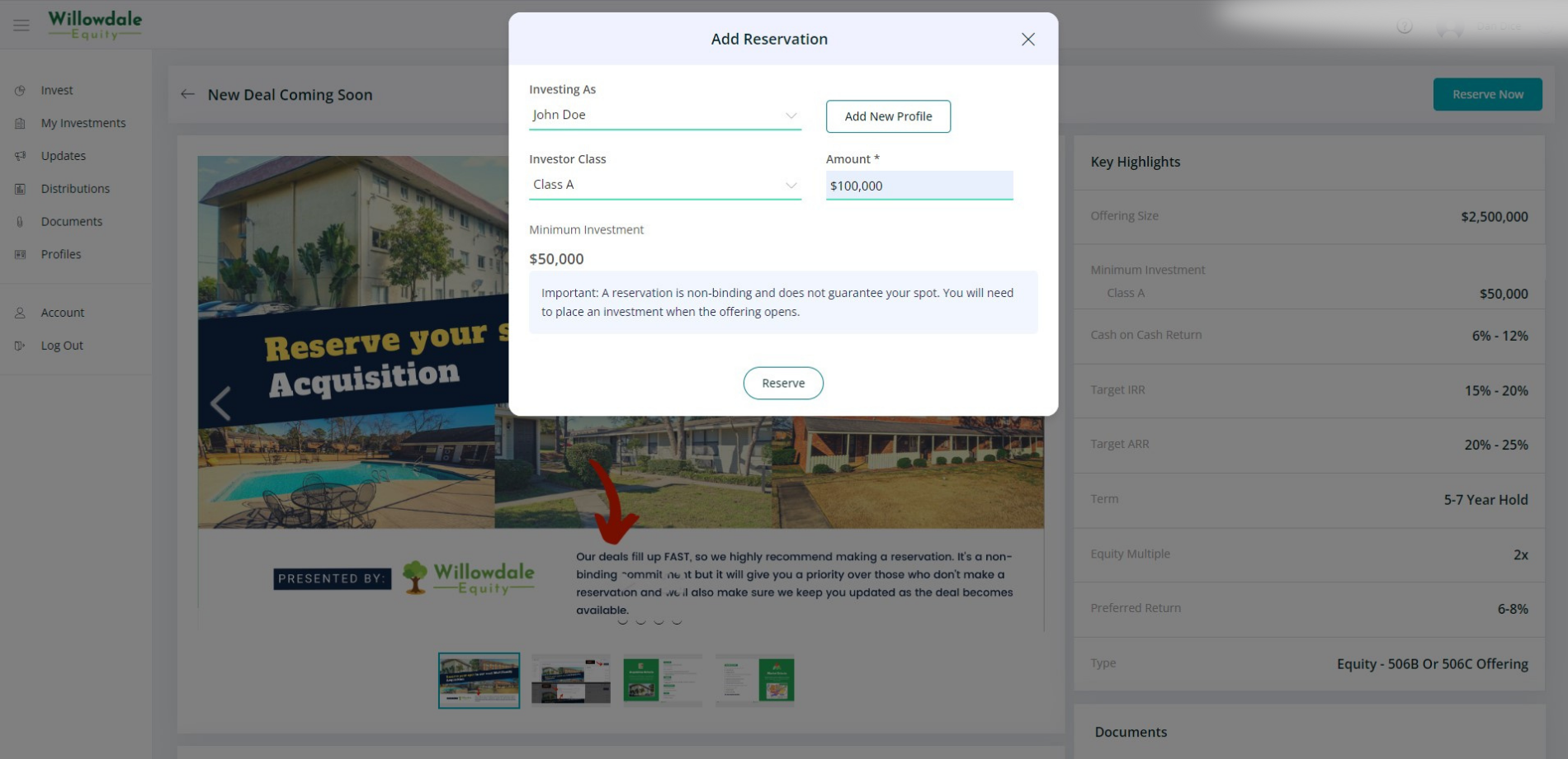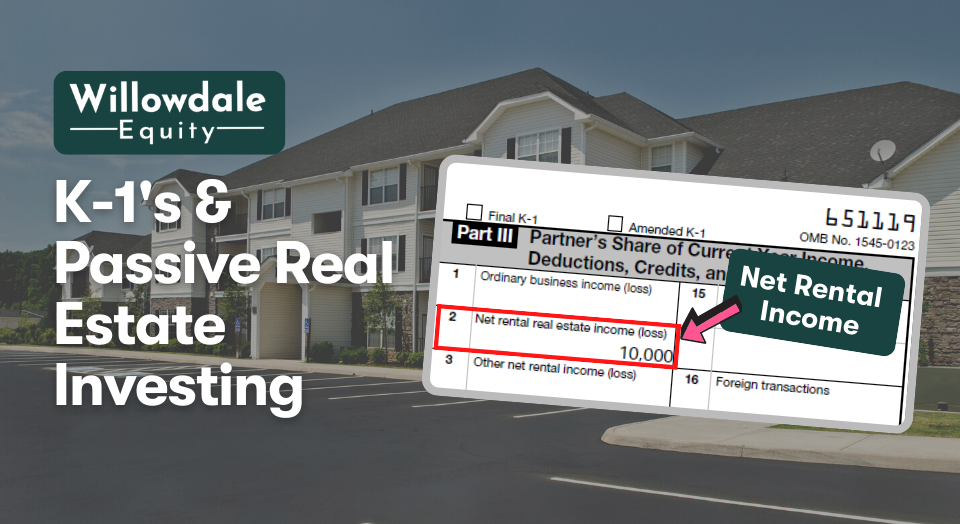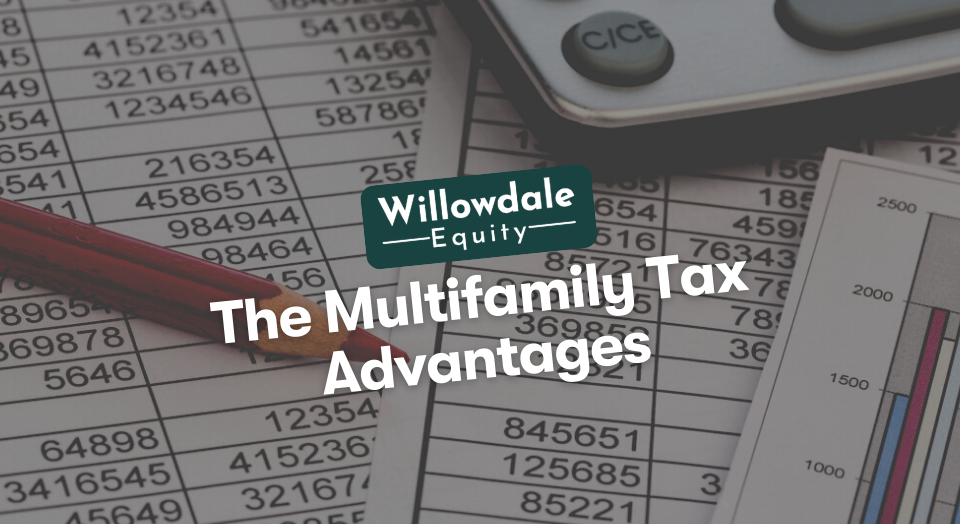
Can You Do a 1031 Exchange From Residential to Commercial?
This article is part of our passive investors guide on real estate syndications, available here.
Although it’s common knowledge that 1031 exchanges include trading two commercial properties, this is not always the case. If a residential property is owned for investment reasons only and is not utilized as a primary residence, it can be used in a 1031 exchange. An example of this would be a single-family rental property.
So, what conditions allow you to do a 1031 exchange from residential to commercial? We look to answer that in this article by discussing what 1031 exchanges in commercial real estate entails, if you can 1031 exchange from residential to commercial and vice versa from single-family to multifamily.
Key Takeaways
-
Going from a residential to a commercial property is not particularly noteworthy from the perspective of a 1031 exchange.
-
Only investment properties are eligible for a 1031 exchange. A primary home is personal property and not a property for investment.
What Is The 1031 Exchange In Commercial Real Estate?
The term “1031 Exchange” is derived from the Internal Revenue Code under IRC Section 1031. A 1031 exchange enables a business owner or investor to sell one commercial property, buy another, and delay paying capital gains taxes.
The net proceeds of a cash sale of real estate are subject to capital gains tax. You can defer capital gains tax if you use the money from the sale to buy another asset of the same type. That means reinvesting the overall gains from the sale of the property and deferring the state and federal taxes owed from the sale. As a result, a 1031 exchange effectively improves your purchasing power.
Real estate investors can benefit from 1031 Exchanges, commonly known as “like-kind” exchanges, under Article 1031 of the Internal Revenue Service tax code. It allows them to trade up to more significant real estate assets while indefinitely deferring the capital gains taxes on their property investments. Without going into more depth, the heir to the estate of the person who owns the real estate gets it and, in essence, avoids decades’ worth of deferred taxes on all the real property bought and sold during that exchange.
Understanding the Like-Kind Property Rule
The IRS has made an effort to define the terms “like kind” as they are a little ambiguous. The IRS’s website says that…
“Both the relinquished property and the replacement property must be similar enough to qualify as ‘like-kind,’ which is defined as property of the same nature, character, or class[1].”
How to Qualify For a 1031 Exchange
The following requirements must be met to be eligible for a 1031 exchange.
- New real estate that is at least as valuable as the one being sold
- Both properties need to be like-kind
- Within 45 days, a new property must be found.
- Purchase of replacement properties is required within 180 days.
Now that you understand what a 1031 exchange in commercial real estate is and how you can qualify for it, it’s time to find out if you can do a 1031 exchange from residential to commercial.
Can You Do A 1031 Exchange From Residential To Commercial?

Scaling up is necessary when moving from a residential property, where a single person may frequently maintain the property, to a commercial business. Depending on the dimensions of the property, it might no longer be feasible for one person to manage the property, necessitating the hiring of additional support.
Tenants of commercial property will not only be people but also businesses. For apartments, the landlord will work with individuals.
Going from a residential to a commercial property is not particularly noteworthy from the perspective of a 1031 exchange.
A residential property can be used in a 1031/Like-Kind Exchange. The real estate in question must, however, pass two requirements: (1) it must be kept for investment purposes; and (2) it must be of “like kind.”
Selling the property, finding a suitable replacement, and closing the purchase are the three steps that follow if these requirements are satisfied.
Of course, you’ll want to check that the properties indeed meet the requirements for a 1031 exchange by working with your financial and tax experts for professional tax advice.
Let’s now flip the question and answer if you can do a 1031 exchange from commercial to residential.
Can you do a 1031 Exchange from Commercial to Residential?
Only investment properties are eligible for a 1031 exchange. A primary home is personal property and not a property for investment. This is not to say that primary residences cannot enjoy tax benefits. In contrast to a 1031 exchange, where tax savings are deferred, a primary residence may see immediate tax benefits. The IRS Section 121 Exclusion is used to do this.
According to Section 121, a principal residence owner may report capital gains from the sale of their estate up to $250,000 for a single individual and $500,000 for specific joint filers. The owner must have resided in the property for at least two of the previous five years to benefit from these savings.
It should be noted that the primary residence is not intended to become an investment property. Section 121 functions as a result. The place would no longer be considered a primary residence if there were investing intentions. Instead, it would turn into a property that generates income.
Now that you understand Section 12, we can answer the main question: can you do a 1031 exchange from commercial to residential?
An industrial structure, warehouse, or office with five or more units, is considered a commercial investment. The property must be bought to hold it for constructive use in an investment, business, or trade.
The 1031 exchange was primarily created for carrying out one investment property. Investors can defer capital gains tax payments in this way. But what is required in making that happen if the investor wishes to 1031 exchange their commercial property for residential real estate?
Nothing prevents a property owner from making a 1031 exchange from an investment to a home. The transaction is legitimate if the investor wants to utilize the property for investment purposes and not as a primary residence.
Let’s now discuss another potential 1031 exchange: single-family to multifamily.
Can you 1031 Exchange Single-Family to Multi-Family?

You can use your single-family home in a 1031 exchange for a multifamily property by turning it into a rental property (i.e., renting it to tenants rather than living there yourself). Although the tax code is vague on the time that a property must be maintained for rental purposes, most experts suggest waiting for at least one to two years and ensuring you have documentation to show that the property was utilized for business or investment during that time.
You can understand this better by knowing the 1031 commercial property exchange rules. That is what we will be revealed next.
1031 Exchange Rules Commercial Property
Any property’s caliber or grade is irrelevant when determining two like-kind properties. Therefore, as long as both properties are within the U. S, most commercial real estate is considered like-kind to the property your considering exchanging into to.
Thus, the following categories of properties, for instance, could be considered to be of like-kind to one another:
- Residential investment property such as a single-family rental property held for investment purpose
- Apartment buildings
- Industrial properties/warehouse
- Vacant land
- Retail properties
As long as they are kept for investment purposes, any of the properties above could be traded for another. It should be mentioned as well that not all properties have to be exchanged 1:1.
The following conditions must be satisfied to exchange them one for many:
- Rule of Three: The exchanger can identify up to three like-kind replacement properties
- 200% Rule: The exchanger can pinpoint several properties, provided that the overall value of such properties shall not be greater than 200% of the valuation of the relinquished property.
- 95% Rule: As long as they pay 95% of the value of the substitute properties, the exchanger may specify more than three properties whose valuation surpasses 200%.
We have covered all bases regarding 1031 exchanges in commercial real estate. However, a few frequently asked questions (FAQs) about 1031 exchange from commercial to residential are to be answered. That is what we will be doing next.
Frequently Asked Questions about 1031 Exchange from Commercial to Residential
You are permitted by federal tax rules to purchase a business through a 1031 exchange. A like-kind property, such as an investment property or another business, must be sold to acquire the business. Taxes cannot be delayed on some aspects of a firm, including stock or inventory.
A real estate exchange held mainly for sale is not considered a like-kind exchange and does not qualify for a 1031 exchange.
According to this rule, the taxpayer may specify any number of replacement properties, provided that the total market valuation of those properties is not more than 200% of the fair worth of the property that was sold as a relinquished asset.
1031 Exchange from Residential to Commercial - Conclusion
The IRS tax code 1031 might help you save money when you sell a commercial or investment property. If the property you buy is similar to the one you sell, you can delay paying capital gains tax. The 1031 exchange will give you greater purchasing power on the following property by re-investing/purchasing with your pre-tax sale gains instead of your post-tax sale gains.
Join the investors club to get more information and advice on 1031 exchanges in commercial real estate and access private value-add multifamily real estate investment opportunities across the southeastern United States.
Sources:
- IRS.GOV, “Like Kind Exchanges Under IRC Code Section 1031“
- Investopedia, “What Is a 1031 Exchange? Know the Rules“
The Willowdale Equity Investment Club is a private group of investors that are looking to passively grow their capital and share in all the tax benefits through multifamily real estate investments.






